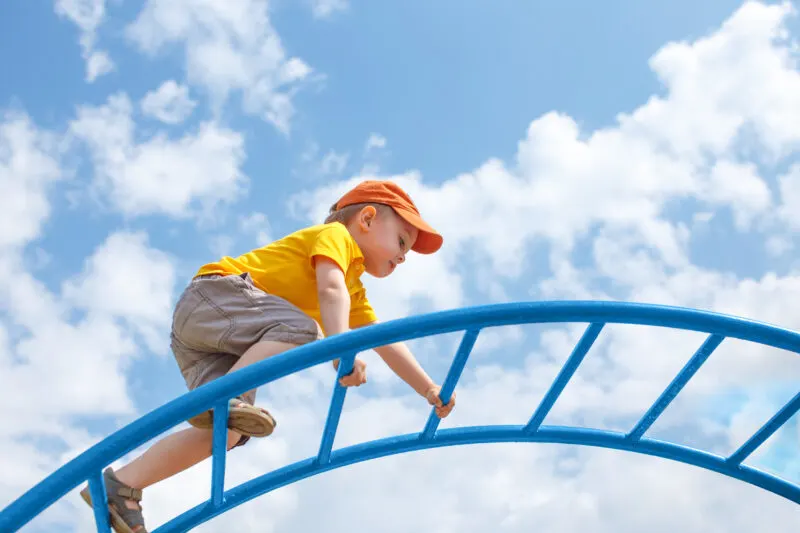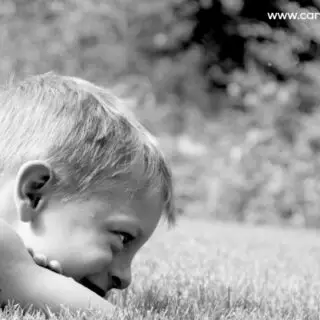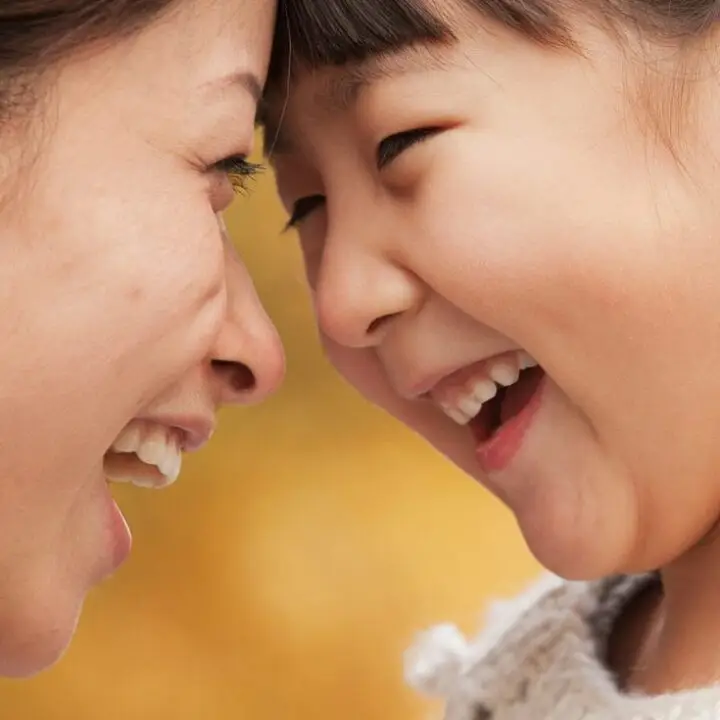When I think about being happy, purposeful, and sure of oneself, I believe self-esteem is the foundation. We all want what is best for our children. We want them to be happy, full of purpose, and confident as they move through life. What does that look like, though? How do we teach kids purpose?
Technically, according to the Mayo Clinic, “self-esteem is your overall opinion of yourself — how you feel about your abilities and limitations.
When you have healthy self-esteem, you feel good about yourself and see yourself as deserving of the respect of others.
When you have low self-esteem, you put little value on your opinions and ideas. You might constantly worry that you aren’t good enough.”
When I think about self-esteem and my kids, I think about helping my children embrace their true selves and accept who they are at the core.

What Determines Self-Esteem?
Many aspects, such as age, family environment, school dynamics, illness, and social media, influence self-esteem. Children with poor self-esteem experience a sense of doubt and insecurity that makes life more challenging. Parenting is one of the influences.
Before we dive into children and self-esteem, keep in mind that there is a range of self-esteem. If you’re seeing signs of low self-esteem, including negative talk about yourself, negatively comparing yourself to peers, mood swings, sadness, withdrawal, and being overly concerned with what other people think of them, please seek out a medical professional.
Resource for Helping Kids with Self-Esteem – Big Life Journal
Self-esteem is all about how much a child values him or herself. Children with high self-esteem feel good about themselves and their abilities. They can accept who they are and get along with others. If your child has high self-esteem, they can learn to deal with challenges they’ll inevitably encounter and be more confident when trying new things.
As parents, you can do a lot to help your child build strong self-esteem and be more resilient in life. I cannot emphasize enough that we should not dwell on if we parents can CAUSE low self-esteem and instead focus on what we can do to guide our children to love who they are and go out into the world embracing their core beings.

Ways to Boost a Child’s Self-Esteem
Encourage Your Child to Try New Things
During adolescence, children struggle to determine who they are and what activities they like and dislike. Trying new things will help them discover their passions in life. Trying a new and challenging activity, while difficult, boosts confidence.
Encourage your child to participate in sports and other activities at school. But also expose them to the arts and nature. If you give them music lessons, you may discover they have talent in this area. So, allow them to learn to play an instrument such as the piano or guitar, or get them an easel and paintbrushes or a drawing pad and colored pencils.
A child’s self-esteem grows from the inside out as they mature physically, mentally, emotionally, and socially. A child encouraged to learn and explore will believe in himself and his abilities. As a result, they will be more willing to take risks and be less likely to feel they have failed if they don’t succeed at something the first time.
Praise Your Child When They Try, Not Just When They Succeed
Praise your child’s efforts and achievements rather than their results or accomplishments. For example, praise them for working hard at something, rather than only commending them for being good at something.
Emphasize effort over talent. For example, if your child is learning to ride a bike, don’t tell them they look like a natural. Instead, celebrate their hard work and determination. Focusing on the process over the product will help them understand that by working hard, they might fail at times but will likely find their path to success.

Focus on Your Child’s Strengths
One way to help your child increase their self-confidence is by recognizing their strengths and helping them develop in that direction. Be their guide, observe them, and facilitate their strength development.
If your son or daughter enjoys music or art, help them refine their talent in a non-intrusive way. If they excel at sports, sign them up for soccer or baseball teams in your area.
Encourage and Teach Your Child Independence
Encourage and teach your child to be independent by allowing them to make their own decisions when appropriate and safe. For example, when your child is getting dressed, let them select their clothes.
If they choose something that’s not quite right for the weather or the occasion, you can politely say, “That’s a great choice! It looks perfect for when we go to the grocery store.” Allowing independence will still make them feel proud of their decision while gently guiding them in the right direction. The more practice they get making their own decisions, the better.
Allow your child to develop new skills at their own pace. When your child feels frustrated or defeated because they can’t do something yet, it creates low self-esteem. Remember that everyone learns at different speeds. Encourage your child by saying, “I know you’ll be able to do this soon!”
When your child feels overwhelmed by something (like homework or chores), remind them that they can do it. You might say, “I know this is tough for you now, but I’m confident you can do it.”

Help Your Child Develop Healthy Friendships
Developing good relationships with others builds confidence and self-esteem, so help your child get involved in activities that allow them to develop social skills and meet new people.
A child with low self-esteem may withdraw from social interactions with peers or adults because they lack confidence in their ability to make friends or establish relationships with other people. They can carry that tendency into adulthood, too.
Parents Do Impact Self-Esteem
Self-esteem is crucial to a child’s development. It’s the foundation for how they learn, relate to others, handle challenges, and feel about themselves.
Healthy self-esteem is protection against risky behaviors that can lead to problematic alcohol and drug use. A positive sense of self can help your child deal with difficult situations, feel good about themselves, and make sound decisions.
As a parent, you play the most crucial role in your child’s life. You are your child’s first and most influential teacher. Your words, actions, and behaviors have a powerful impact on your child’s development. What they learn from you will shape their sense of self, relationships with others, and parenting skills as they grow up. Help them build strong self-esteem so they can take on the world.









